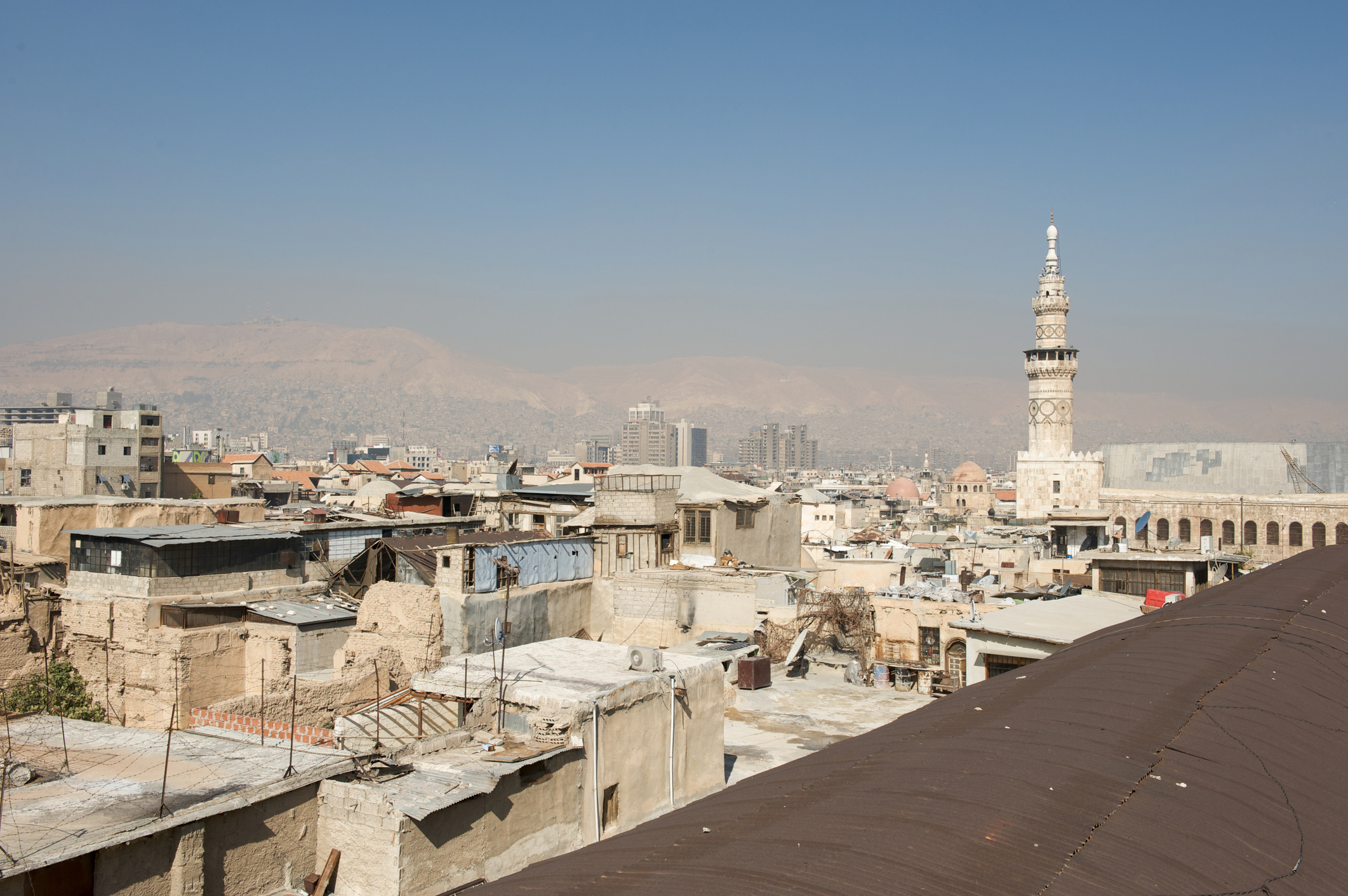How I see it: The Ukraine War

Putin’s war on Ukraine is taking an inevitable but not immediate toll on European lives, particularly in Poland, as air pollution from war increases and natural gas supplies are disrupted, forcing Poles and others to resort to dirtier fuels and potentially foregoing some modern conveniences.
Old soldiers know that it always rains after a big battle. That’s why the trenches on the battlefields were muddy. In World War I, more soldiers died from trench foot than from enemy fire. The rainmakers of the 19th century knew that airborne particles from cannon fire would create rain. Unfortunately, they couldn’t control when, where, or how much. In 1916, Hatfield-the-Rainmaker (a sewing machine salesman) was so successful in San Diego County that it was nearly washed away. The railroads were shut down for 32 days because the local river, normally a trickle, became a mile wide.
Explosives also release a cascade of toxins – including mercury, carbon monoxide, aluminum and sulfur – that can increase the amount of pollutants in the air by half.
That is the risk of outdated technology. Now Putin is threatening to use nuclear weapons.
In addition to the devastating explosion, nuclear weapons create radioactive dust in the air, which often leads to fallout. Where it will fall is difficult to predict, let alone control. At the latitude of Europe, the prevailing wind will carry most of the fallout eastward, toward Russia. This could damage Putin’s popularity at home. However, the wind is fickle and can also carry fallout anywhere, so some of the dust will inevitably fall on NATO countries. Radiation from Chernobyl has even been detected in Sweden, and that was just a steam explosion with loss of coolant. Not even a nuclear one.
The war against Ukraine is causing deadly pollution that is affecting air quality and public health in NATO Europe. Perhaps even worldwide. Neighboring countries need to check their air quality records because a pollution attack and a gas attack are the same except for the dosage. Attacks using poison gas have been banned by the Geneva Convention since 1925. If Russia used poison gas directly on Poland, it would be considered an armed attack.
Another attack on NATO is the infiltration of Belarusians into Poland. It is difficult to say whether they are refugees or agents of the Putin-Lukashenko regime. That would be another act of war. Russia has a history of cheating and lying that goes back at least to Potemkin and Catherine. You know: “An enigma wrapped in a secret, in a mystery,” as Churchill said.
In some ways, this war is similar to other local wars (Spain, Somalia, Vietnam), because the great powers are testing their weapons in a real scenario, expensive, but without the loss of life that can make it politically undesirable at home. How much longer will Russian families be kept in the dark and afraid to rise up?
There are several ways to end the war in Ukraine. The shortest way is to surrender and become a vassal state of Russia, thereby rewarding Putin for violating all norms. Alternatively, a NATO country can declare the situation or threaten an armed attack, invoke Article 5, and NATO will step in to push Russia back. NATO is more than four times as strong militarily as Russia. Unfortunately, many European governments have shown a preference for a policy of appeasement in the past. Surrender in installments.
Compromise is unrealistic and would depend only on how much Putin can steal from Ukraine and how quickly he tries to steal the rest. Remember, he learned from Stalin, Hitler and Napoleon. Putin is a tyrant. Tyrants get their way by making it too expensive or too scary to oppose them. They usually give up or disappear when someone more powerful or simply braver comes along and sees through their bluff. The UN is neutered by the Security Council veto (thanks, Joe Stalin), but NATO has no such restrictions, just extreme caution.
It would not be unreasonable for every NATO country within a 1,000-kilometer radius to warn Putin that continued air pollution, especially if of a nuclear nature, would be considered an attack on the sovereignty of the country and its citizens, equivalent to the use of poison gas in World War I, and would therefore rattle the sword of Article 5.
Ken Obenski is a forensic engineer and advocate for safety and freedom in South Kona today. He writes a biweekly column for West Hawaii Today. Send feedback to [email protected].



